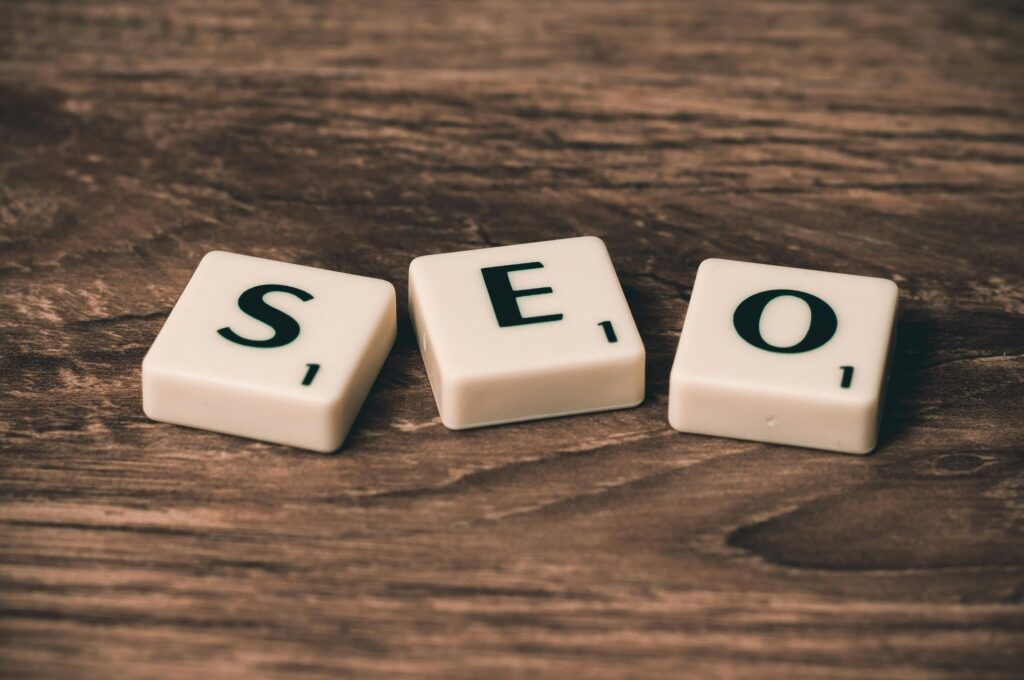In the fast-changing world of digital marketing, knowing the differences between SEO strategies is crucial. Two key strategies are local search engine optimization and organic search engine optimization. Both aim to improve your search engine rankings but target different types of searches. In this blog post, we’ll explore the difference between local and organic SEO. We will discuss how each one works and how they can benefit your business.
What is Local SEO?
Understanding Local SEO
Local SEO (Local Search Engine Optimization) aims to improve your online presence. It helps attract customers from specific geographic areas. This SEO type is crucial for businesses serving local clients. Examples include home service providers, law firms, and healthcare professionals. Targeting local search queries helps you appear in local search results and attract relevant traffic.
Key Elements of Local SEO
- Google My Business Optimization: A key part of local SEO is optimizing your Google My Business (GMB) profile. Claiming and updating your GMB listing helps your business appear on Google Maps. It also ensures your business shows up in local search results. Ensure your profile has accurate details. Include your address, phone number, business hours, and website link. Adding high-quality photos and encouraging customer reviews can also boost your visibility.
- Local Citations: Local citations are mentions of your business on other websites and directories. Consistency is key when it comes to local citations. Ensure your business information (name, address, phone number) is consistent across all directories, like Yelp and Yellow Pages. Consistent details help search engines verify your business. This can boost your local search rankings.
- Local Keywords: Incorporating local keywords into your website content is essential for local SEO. Use keywords that reflect your geographic location and the services you offer. For example, a “plumbing service in Miami” is more targeted than just “plumbing service.” These local terms help search engines see how relevant your business is to specific local searches.
- Customer Reviews: Online reviews are a significant factor in local SEO. Encourage satisfied customers to leave positive reviews on Google and other review platforms. Responding to reviews, whether positive or negative, shows you value customer feedback. It can also help improve your business’s reputation. Positive reviews can enhance your credibility and attract more local customers.
Why Local SEO Matters
Local SEO is crucial for businesses that depend on local customers. For example, plumbers and electricians need to attract clients nearby. Law firms and healthcare providers also benefit from local SEO by reaching people searching for services in their area. Optimizing for local search helps your business appear in local results. This increases visibility, foot traffic, and service inquiries.
What is Organic SEO?
Understanding Organic SEO
Organic SEO (Search Engine Optimization) aims to improve your website’s ranking for broad, non-local searches. Understanding the difference between local and organic SEO is essential, as local SEO targets specific areas, while organic SEO focuses on a global or national audience. This strategy is great for businesses that want to build long-term authority and attract a significant amount of traffic to their sites.
Key Elements of Organic SEO
- Keyword Research: Conducting thorough keyword research is the foundation of organic SEO. Identify high-volume keywords relevant to your industry and audience. Use tools like Google Keyword Planner or SEMrush to find keywords with high search volume and low competition. This research helps you target the right terms and phrases to drive traffic to your site.
- On-Page Optimization: On-page optimization involves adjusting parts of your website to match your target keywords. This includes optimizing your title tags, meta descriptions, headers, and content. Ensure that your content is relevant, engaging, and provides value to users. Proper on-page optimization helps search engines understand your content. It also improves your chances of ranking higher in search results.
- High-Quality Content: Creating high-quality, informative content is a key component of organic SEO. Publish blog posts, articles, and guides that answer user questions. Offer valuable information that engages your audience. This can lead to more shares and backlinks from other websites.
- Backlink Building: Backlinks are links from other websites to your site. Building high-quality backlinks from reputable sources shows search engines that your content is trustworthy. This signals that your content is authoritative. Focus on acquiring backlinks from industry-related websites, blogs, and online publications. Effective backlink building can improve your search rankings. It also helps drive more organic traffic to your site.
Why Organic SEO Matters
Organic SEO is essential for businesses seeking long-term growth and online authority. Understanding the difference between local and organic SEO is crucial, as ranking well in organic search results attracts a steady flow of visitors to your website. You don’t need to rely on paid ads. Organic SEO builds your brand’s credibility and drives consistent traffic. Over time, this can lead to more conversions and increased revenue.
Difference Between Local and Organic SEO

Scope and Target Audience
- Local SEO: Targets users within a specific geographic area. Ideal for businesses that serve a local or regional audience, such as home services, law firms, and healthcare providers.
- Organic SEO: Targets a broader audience, potentially on a national or global scale. Suitable for businesses with a wider reach or those offering products and services online.
Optimization Strategies
- Local SEO: Focuses on local keywords, GMB optimization, local citations, and reviews. The goal is to improve visibility in local search results. This helps attract customers from a specific area.
- Organic SEO: Emphasizes broad keywords, on-page optimization, content creation, and backlink building. The aim is to enhance overall search engine visibility and attract a larger audience.
Impact on Business
- Local SEO: Helps drive local traffic and increase visibility in local search results. Essential for businesses that rely on local customers and need to stand out in their specific area.
- Organic SEO: Enhances overall search engine visibility and attracts a wider audience. This is important for businesses that want to build long-term authority. It also helps attract significant traffic to their site.
Which SEO Strategy is Right for You?
Choosing the difference between local and organic SEO depends on your business goals and audience. If you serve local customers and want to improve visibility in a specific area, focus on local SEO. If you want to reach a wider audience, organic SEO is more effective. It helps build long-term authority in search engines.
For Home Services Businesses
Home service providers, like plumbers, electricians, and landscapers, should focus on local SEO. Optimize for local search terms and keep your Google My Business profile updated. This will help drive more local traffic to your business.
For Law Firms
Law firms can benefit from both local and organic SEO. Local SEO helps attract clients in your geographic area, while organic SEO can build your firm’s authority and reach a wider audience. Combining both strategies can enhance your online visibility and lead generation efforts.
For Healthcare Providers
Healthcare providers should prioritize local SEO to reach patients in their local community. Investing in organic SEO can build your practice’s credibility. It also helps attract patients searching for information on a national level. Contact CAS Agency today
Both local and organic SEO are essential for improving your online presence and reaching your business goals. Understanding the difference between local and organic SEO can boost your search rankings. It will also drive more traffic to your site. Whether you focus on local search or aim for higher organic results, a balanced SEO strategy is key. It will help your business succeed online.
Contact CAS Agency Today

Ready to boost your online visibility and drive more traffic to your site? Contact CAS Agency today to learn how our expert local search engine marketing solutions, combined with insights into the difference between local and organic SEO, can help you achieve your SEO goals. Get started now and watch your business thrive!

